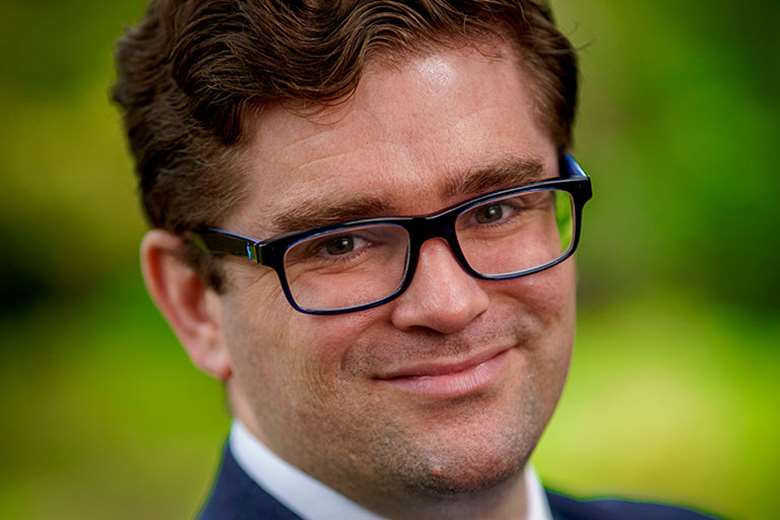Why a government crackdown on unregistered schools in alternative provision is needed
Monday, November 22, 2021

Progress Education operates 12 independent alternative provision schools across the UK, supporting more than 400 young people each year, helping them achieve their potential and take positive steps towards further education or employment with training.
We see first-hand the benefits a supportive, high quality alternative provision education affords our young people and we have recently launched a campaign calling for government to ensure all children and young people can access quality alternative education if they require it.
We believe a major step forward would be for government to ensure all schools in the sector are registered.
In recent years, there's been a huge rise in the number of unregistered independent schools. In 2019, an Ofsted report identified around 6,000 children who were attending an unregulated provision that year.
Typically, the children who attend an unregulated school are some of the most vulnerable in society, and unregistered providers can put them at greater risk by denying them an appropriate education.
Unregulated providers aren’t subject to an inspection of safeguarding or quality of education, so it's impossible for authorities to understand what measures are in place to support pupils.
Therefore we are calling on the Government to make it a legal requirement for institutions to be registered and subjected to an Ofsted inspection when teaching children more than eight hours per week. This way, the quality of the education can be assessed, and our most vulnerable children be protected.
We are also concerned about the number of hours young people spend in alternative provision. The law requires that children in mainstream education be provided with full-time education or training of 25 hours a week. However, this is not the case for organisations in the alternative provision sector. Whilst some children initially benefit from shorter hours to help them re-engage in education, this is not good in the long term and has implications for the safeguarding of pupils and for the quality of their education.
We believe there needs to be a real tightening on the wording in the current legislation from the DfE.
We are also urging the Government to change its policy of classifying alternative provision institutions as independent schools.
Alongside the different registration types of schools, one should specifically be called an ‘alternative provision’ because currently, the independent sector also includes some of the UK’s most affluent private schools.
When introducing initiatives to help the most vulnerable children access IT equipment, broadband and food during Covid, the independent sector is deliberately excluded. This means the children in most need are losing out and are reliant on support from their local authority, which we know is a postcode lottery.
There is much to be done to protect our vulnerable young people. Government, local authorities, Department for Education and Ofsted must all work as a collective to ensure that every pupil excluded from mainstream education receives the support they deserve.
Together, we can change their future.
James Madine is Progress Education's managing director




